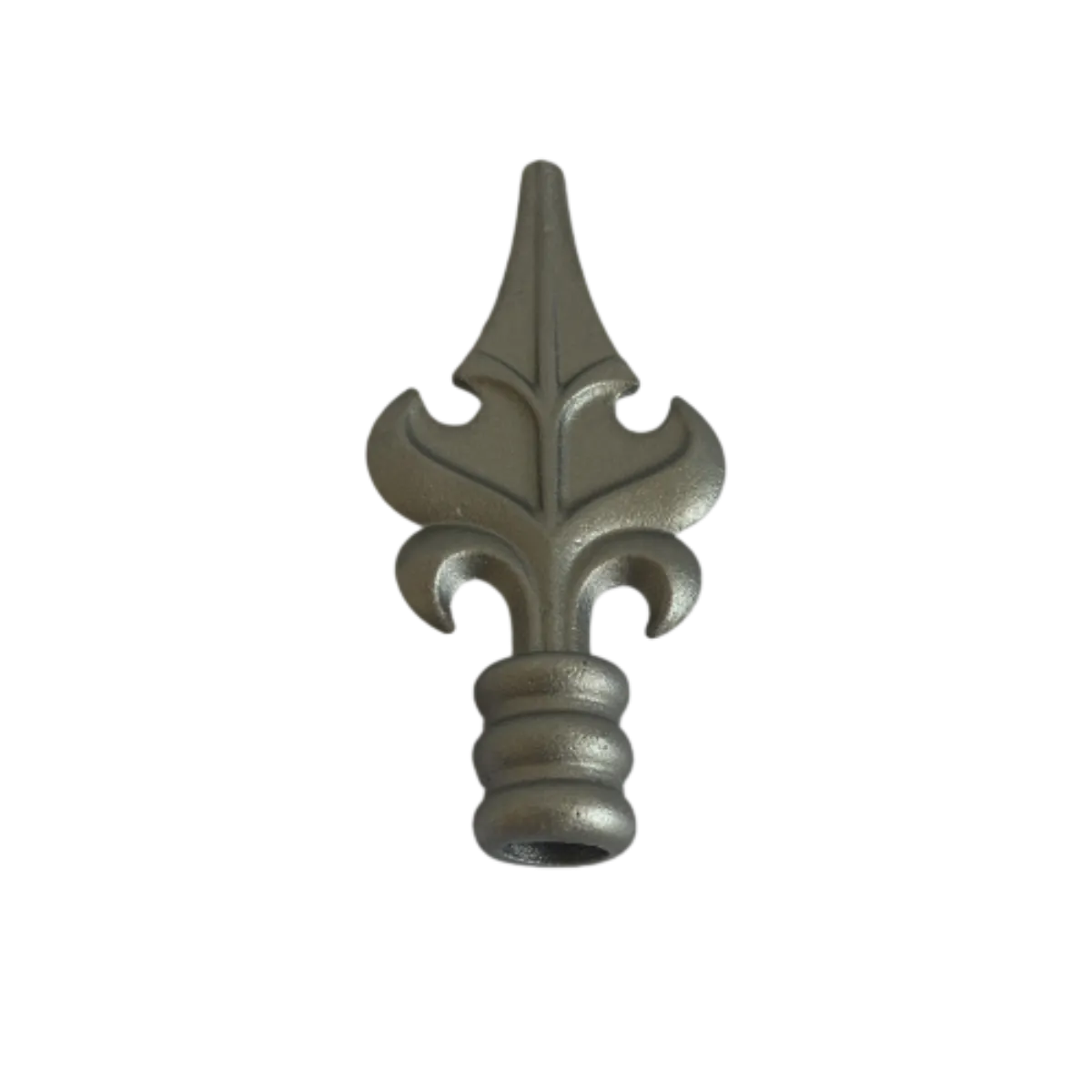Exploring the Craft and Techniques of Modern Foundry Work
The Art and Craft of Foundry Work
Foundry work, an age-old craft, lies at the heart of metal casting and manufacturing. It encompasses a series of processes where metal is melted, poured into molds, and allowed to solidify into desired shapes. While the roots of this trade can be traced back to ancient civilizations, its relevance and sophisticated techniques persist in modern industry, making it a vital component of contemporary manufacturing.
At its core, foundry work involves several key stages melting, molding, pouring, and finishing. The first step, melting, typically takes place in a furnace where metal scraps or ingots are heated until they reach a molten state. Different types of furnaces are used based on the metal involved, including electric arc furnaces for steel and induction furnaces for non-ferrous metals like aluminum. The choice of furnace significantly influences the quality of the final product, and thus each foundry invests heavily in the right technology.
Once the metal is molten, it is transferred to the molding stage. Molds can be made from a variety of materials, including sand, metal, and ceramics. The molding process is crucial as it defines the external shape and internal structures of the cast component. Sand casting, one of the oldest and most versatile methods, involves creating a mold from a mixture of sand and a binding agent. It allows for intricate shapes and large-scale productions but does have limitations in terms of surface finish and dimensional accuracy.
The pouring phase follows, where the molten metal is carefully introduced into the prepared molds. This step requires precision; the temperature and flow of the metal must be controlled to avoid defects like inclusions or voids. Moreover, the foundry worker must ensure that the molds are adequately vented to allow gases to escape during the pouring process, further emphasizing the importance of skill and experience in foundry work.
foundry work

After the metal has cooled and solidified, the finishing process begins. This can involve several different methods depending on the end product's requirements. Techniques such as grinding, polishing, and heat treatment may be applied to achieve the desired surface finish and mechanical properties. Quality control is paramount during this stage, as it ensures that every piece meets strict industry standards and customer specifications.
Foundry work is not solely about the technical aspects; it is also an art form. Skilled craftsmen take pride in their ability to produce intricate designs and high-quality castings. The fusion of tradition and modern technology in foundry work has led to innovative advancements in materials and processes. For example, the introduction of 3D printing has revolutionized mold-making, allowing for rapid prototyping and reduced lead times.
Furthermore, sustainability has become a critical consideration in foundry work. As industries worldwide strive to reduce their carbon footprints, foundries are increasingly incorporating recycled materials and optimizing energy usage in melting processes. Innovations such as electric furnaces and environmentally friendly binders exemplify how the industry is moving forward while being mindful of ecological impacts.
In conclusion, foundry work is a dynamic field that merges artistry with engineering skill. It plays an essential role in producing a myriad of metal components crucial to various sectors, including automotive, aerospace, and construction. The dedication of foundry workers, combined with advancing technologies, ensures that this craft will endure and evolve, meeting the challenges of future manufacturing demands. As we continue to innovate and prioritize sustainability, foundry work remains a cornerstone of modern industry, blending tradition with the promise of progress.
-
Wrought Iron Components: Timeless Elegance and Structural StrengthNewsJul.28,2025
-
Window Hardware Essentials: Rollers, Handles, and Locking SolutionsNewsJul.28,2025
-
Small Agricultural Processing Machines: Corn Threshers, Cassava Chippers, Grain Peelers & Chaff CuttersNewsJul.28,2025
-
Sliding Rollers: Smooth, Silent, and Built to LastNewsJul.28,2025
-
Cast Iron Stoves: Timeless Heating with Modern EfficiencyNewsJul.28,2025
-
Cast Iron Pipe and Fitting: Durable, Fire-Resistant Solutions for Plumbing and DrainageNewsJul.28,2025
-
 Wrought Iron Components: Timeless Elegance and Structural StrengthJul-28-2025Wrought Iron Components: Timeless Elegance and Structural Strength
Wrought Iron Components: Timeless Elegance and Structural StrengthJul-28-2025Wrought Iron Components: Timeless Elegance and Structural Strength -
 Window Hardware Essentials: Rollers, Handles, and Locking SolutionsJul-28-2025Window Hardware Essentials: Rollers, Handles, and Locking Solutions
Window Hardware Essentials: Rollers, Handles, and Locking SolutionsJul-28-2025Window Hardware Essentials: Rollers, Handles, and Locking Solutions -
 Small Agricultural Processing Machines: Corn Threshers, Cassava Chippers, Grain Peelers & Chaff CuttersJul-28-2025Small Agricultural Processing Machines: Corn Threshers, Cassava Chippers, Grain Peelers & Chaff Cutters
Small Agricultural Processing Machines: Corn Threshers, Cassava Chippers, Grain Peelers & Chaff CuttersJul-28-2025Small Agricultural Processing Machines: Corn Threshers, Cassava Chippers, Grain Peelers & Chaff Cutters












